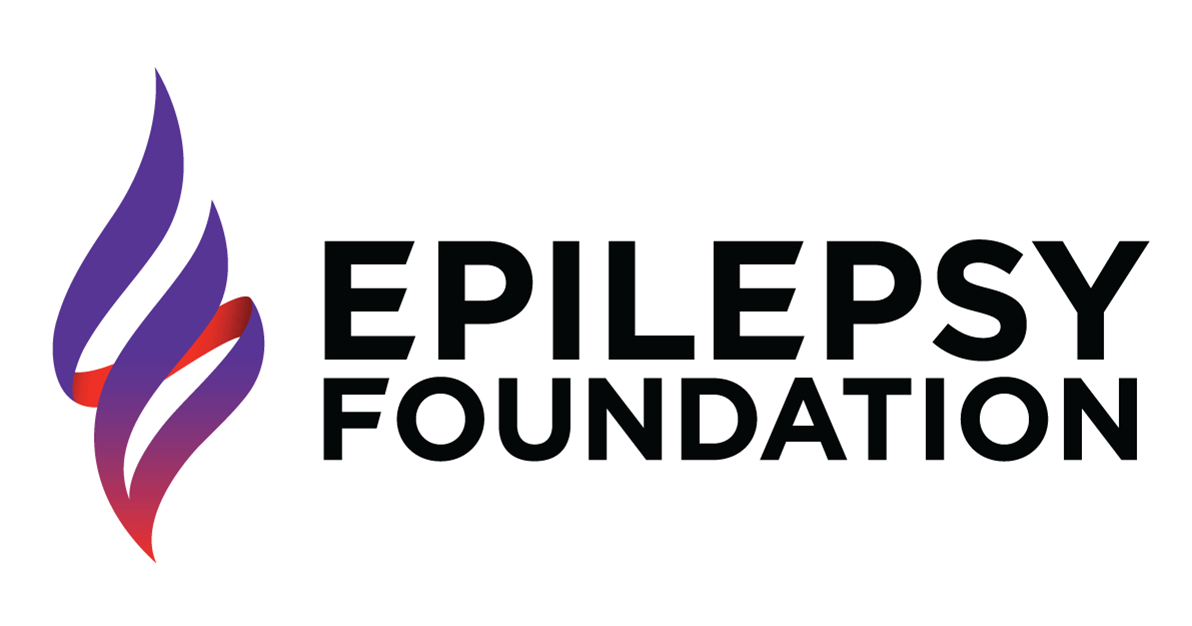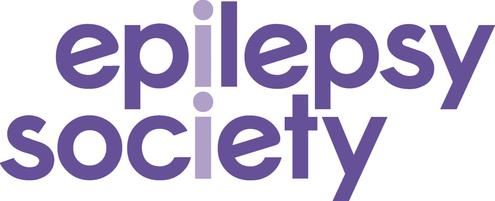Epilepsy
Understanding Epilepsy
What is epilepsy?
Epilepsy is a long term condition that affects the brain, where there is a tendency to have seizures. Seizures occur because of increased electrical activity in the brain, and there are many different types of seizure.
You may or may not be aware that a seizure is happening. There may be altered movement, sensation or behaviour.
Not all seizures are due to epilepsy. A specialist doctor will diagnose you with epilepsy after organising some tests at the hospital.
Epilepsy Support
Support Groups
Living With Epilepsy
Lifestyle advice
It is important to control seizures to prevent accidents and injury to yourself or others.
Seizures may be triggered by:
- Stress
- Lack of sleep
- Dehydration
- Alcohol
- Drugs
- Lights
- Other medications
In order to reduce the risk of harm from having seizures, here are some practical tips that will help reduce how often you have a seizure.
Many people with epilepsy continue to play sports including watersports. However, it is important to assess the benefits and the possible risks for you with your type of epilepsy. Thinking about how to make the sport safer and talking to your doctor about risk are important considerations.
Treatment
Medication
Treatment for epilepsy aims to control seizures so that they have little or no impact on your life.
Together with your doctor, you will decide on the treatment that will best control your seizures. This will often involve medication.
It is important that you take your medication as prescribed to control your seizures effectively.
Driving
If you have epilepsy and want to drive, it is essential they you tell the DVLA.
Many people with epilepsy are able to drive, providing that they meet the rules for driving. Click on the image on the right to learn about the driving rules.
Contraception
Effective contraception
Some anti-epileptic medications can interact with contraception and make your contaception method less effective at preventing pregnancy.
What anti-epileptic medications interact with contraception?
It is important that you seek medical advice about your anti-epileptic medication before starting any contraceptive method.
Make an appointment with Lyndsay, our Nurse Practitioner, who can give advice on the most effective form of contraception for you.
What are the risks of getting pregnant?
Anti-epileptic medications are very safe, but some medications may effect how your baby develops in the womb. Pregnancy may also effect your seizures.
If you are thinking of pregnancy, contact your doctor to speak about your anti-epileptic medication so that they can help you prepare for pregnancy safely.
Page created: 04 September 2020











